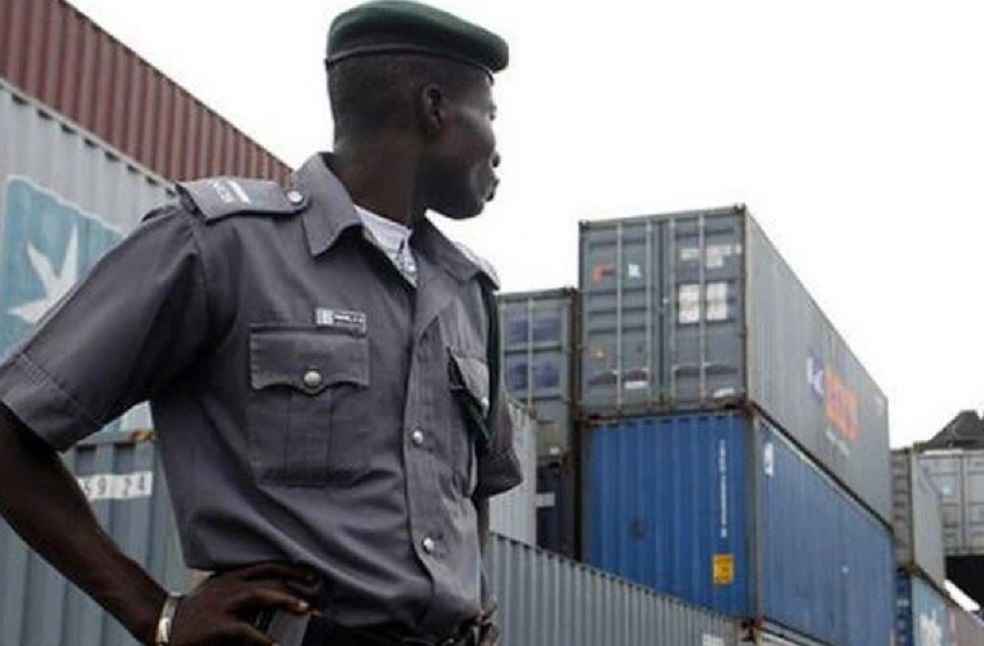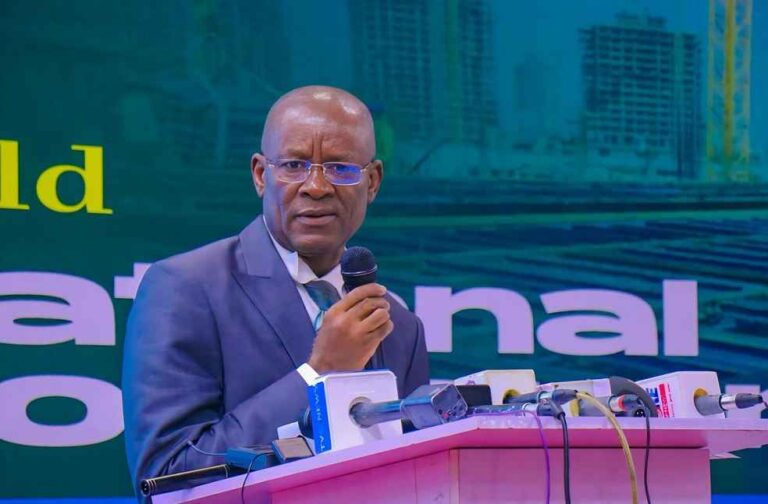The Federal Government of Nigeria remains committed to balancing trade through policies that support local production while managing imports, according to the Minister of State for Industry, Trade, and Investment, Senator John Enoh.
Speaking at the 2025 Renewed Hope Global Virtual Town Hall Conference, Enoh highlighted the importance of assessing Nigeria’s balance of trade—whether in surplus or deficit—when shaping economic policies.
He acknowledged concerns about Nigeria’s import dependence and stressed the need to enhance domestic production to reduce reliance on foreign goods. “The real issue is not just the volume of imports but the fact that we are not producing enough. We must expand local manufacturing and strengthen our industries to stay competitive in the global market,” he stated.

The minister outlined ongoing government efforts to boost local productivity, including incentives such as import duty exemptions for manufacturers and industrialists. “Since assuming office, I have approved countless import duty exemption certificates to industries to support local production,” he noted.
He also pointed to policies like backward integration, which aim to enhance local capacity in key sectors such as manufacturing and agriculture.
Reaffirming the administration’s commitment to making Nigeria competitive in global trade, Enoh said the government conducts periodic trade balance assessments to guide its policy decisions. He assured stakeholders that measures would continue to be implemented to foster an enabling environment for industries and strengthen Nigeria’s export potential.
POLICY & LAW | India Launches Scheme to Boost Toy Industry, Reduce Import Dependence



